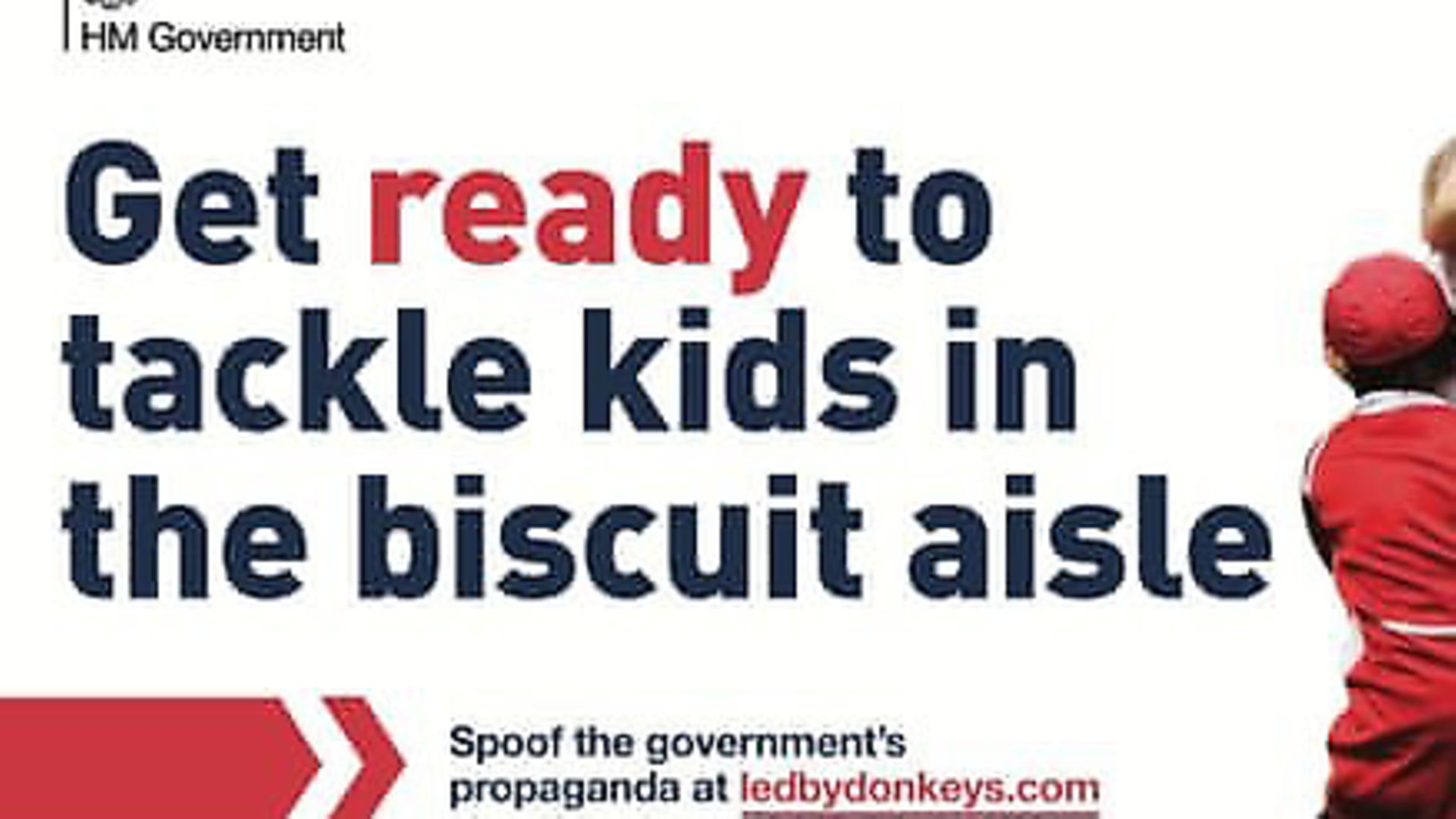
With a general election on the horizon, there is growing pressure on the Advertising Standards Authority (ASA) to call for a body to regulate political advertising. But that’s not all that needs to happen, argues JON GOULDING.
The Lords gave the ASA a grilling at a recent inquiry, asking CEO Guy Parker and chair Lord David Currie why the body hadn’t acknowledged this “lacuna in the middle of public life”. The disparity between consumer ads – which are regulated by the ASA – and political ads – which are not – sends the brains of consumers “into a spin”, said Lord Puttnam.
WATCH: ‘What’s to stop you?’: Advertising watchdog asked to support regulation of political adsAnd it isn’t too hard to see why. “Boris Johnson’s bus” – the Vote Leave campaign bus which argued that £350 million purportedly sent to the EU could fund the NHS – has become one of the most notorious instances of misleading political advertising in recent memory. And this is to say nothing of the wider trend towards ‘fake news’, which is now invoked so often that, unhelpfully, even the validity of objective facts is sometimes cast into doubt. With each political party’s election campaign about to begin in earnest, there are justifiable fears that further falsehoods will be taken in good faith by the general public. And no one needs to be told how high the stakes are in this particular election.
It’s interesting that the CEO and Chair of the ASA vocally support the creation of a political advertising regulator, though they say they have reservations that officially calling for regulation would constitute a “political judgement”.
You could make the argument in reverse: if likely falsehoods are allowed to be propagated and passed unchallenged, that also should constitute a political judgement. The rise of deepfakes and other forms of digital trickery, – such as latest the recent heavily doctored video of Keir Starmer – makes the need for a regulatory body even more urgent.
WATCH: Fact checker slams Tories for doctoring video of Keir Starmer interviewBut even though in my mind there is no doubt that political advertising should be regulated, it will not be enough to stem the tide of “fake facts”. Most misleading political advertising is forward-looking, and there is no way to prove a promise or pledge to be false at the time that it’s made. So while the ASA should recommend the creation of a political regulator, we also need to recognise the need for radical transparency in political promise-making.
If political parties could be compelled by the public (or perhaps by a future body that regulates political advertising) to declare the promises they made but failed to keep, it might keep them honest – or, at any rate, make them more inclined to at least try stick to their pledges.
MORE: Inside the industry campaign to stop the rot in political advertisingAs it is, the media does a good job of calling out those politicians and parties who renege on promises made with apparent sincerity, but in a diverse and partisan media landscape there will always be well-argued rebuttals and contrary viewpoints to confuse the situation.
If, ultimately, our aim is to restore trust in our political system and our politicians, we should be giving more thought to encouraging this kind of transparency. After all, if you have been caught lying, and more than once, you surely forfeit the right to be given the benefit of the doubt.
The reality is that without proper scrutiny of the way political parties advertise and make promises, the trend will simply accelerate. Those parties offering realistic assurances will seem underwhelming alongside the grand promise-makers and their support will suffer accordingly, and exaggeration will become a political necessity. Needless to say in a time of unprecedented political change, this is the last thing we want.
Jon Goulding is CEO at creative agency Atomic London.
Warning: Illegal string offset 'link_id' in /mnt/storage/stage/www/wp-includes/bookmark.php on line 357
Notice: Trying to get property 'link_id' of non-object in /mnt/storage/stage/www/wp-includes/bookmark.php on line 37






